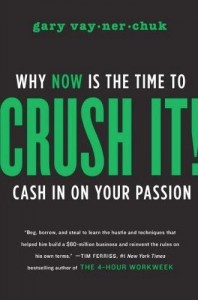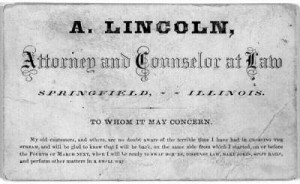 John Jantsch’s post today is about the three things every business must manage: Purpose, Projects, and Process:
John Jantsch’s post today is about the three things every business must manage: Purpose, Projects, and Process:
- Purpose: create and tell the story about why the business does what it does.
- Projects: create actions steps and assemble resources to fulfill the business purpose.
- Process: implement the action steps.
These three functions obviously apply to every attorney and law firm. However, while we all need to manage purpose, projects, and process, we’re not all in the same business (practice area).
A few years ago, I wrote a post, “The Three Things That Matter Most,” about finding and focusing on the essence of what you do. The three things that matter most for you are the “twenty percent” activities that deliver eighty percent of your (desired) results. When you focus on these three things, you can eliminate (delegate) or curtail everything else, freeing you to do more of your “twenty percent” activities, getting more results.
If you want to earn more and work less, you must focus on the things that matter most. Therefore, once you know and are prepared to articulate your purpose, take the time to reflect on what matters most in your practice before you create any projects or engage in the process of fulfilling that purpose.















